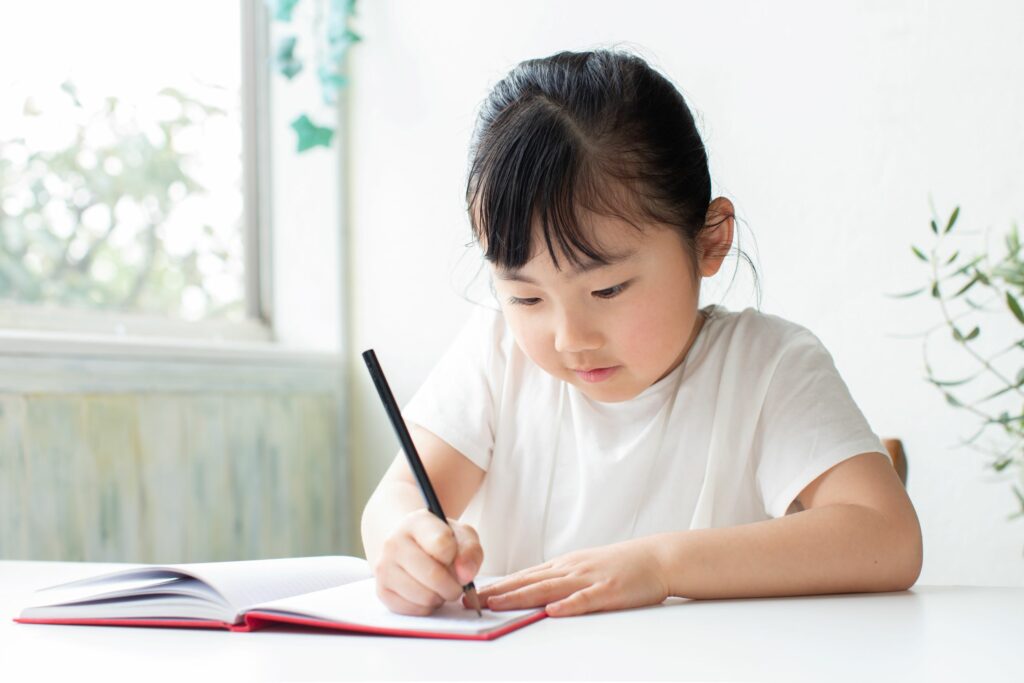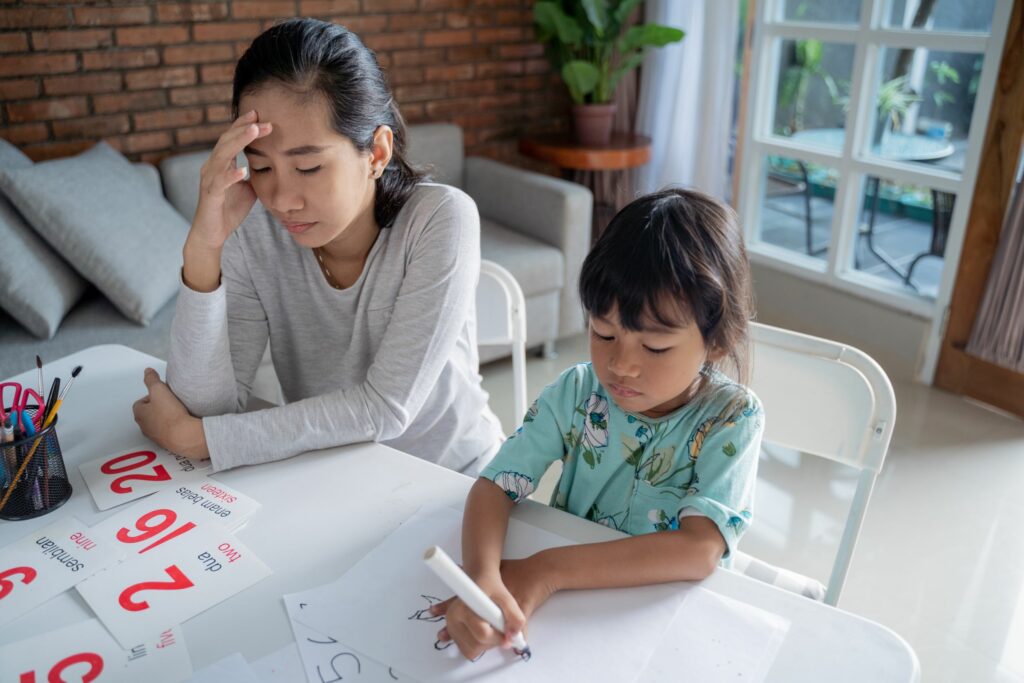





















Source: Shirley Loo, Executive Director, Family Development Foundation
As we may notice, in today’s society, the children of the previous generation have grown up and are now working in society, but it seems that their parents are involved in many things. It made me think back to my own childhood—did our moms always take care of us in a pampering role? Did everything seem to be taken care of so well that the kids could just focus on school and academics?
In fact, this is definitely not a healthy phenomenon for the growth of children, but I also understand that mothers think that children do not need to care about anything, mothers take care of everything for you, remove any adversity and difficulties for him, establish a protection zone, and tell him to focus only on studying well. But being a good student is not the same as knowing how to be a good person. Both things should be balanced.
They may find it very profound to know how to behave. If you narrow it down, it means the ability to take care of oneself. Parents should know how to let go and let their children learn to take care of themselves; that is, if they know how to do things themselves, they should let them do as much as possible. For example, he knows how to pack his schoolbag, and how to put things into it. Of course, you have to teach him first and then let him do it.
This ability to care for oneself is also a survival skill; from the initial tying of shoelaces and packing of a schoolbag to growing up a little to take care of one’s own bookshelves and desks, and later applying to university, all are very basic survival skills. For example, what does it mean to “pack a schoolbag”? First, he must know how to write a handbook. He did not write everything down at first, but he can ask his classmates, and mothers can take the initiative to find different parents to chat with and compare the handbook with.

Second, check if he is shortsighted because many children do not copy properly because of eye problems. Third, in addition to the handbook being fully written, is how to organize in accordance with the timetable. Mom can demonstrate how to organize once a day before. The next day, ask him, “Get the General Studies book.” Slowly, he learns to organize, his mother can praise him, and some parents even use those reward tables. Give him a stamp if he packed the schoolbag today so that he has some sense of achievement. When he knows how to pack his schoolbag, it means he knows how to sort things.
Many times, parents are preoccupied with their own lives or work pressures, or their moods do not always remain positive. “Don’t do that; I’ll help you do it instead.” There will be times when there is no way; we will miss and be exhausted. But if you really do his homework for him, there is a risk because it’s dishonest and you don’t let him learn, because he would only learn and remember after making mistakes. I remember once a mother telling me that her daughter’s writing was crooked, so the mother kept erasing and breaking paper.

I said, “You can use some creative methods to teach children in first grade.” I like to tell her that every word has its own home, and that home is inside the square. Those words like to return home, and you can help them be securely placed in their home. Parents need to be patient and wait for their children to improve slowly. Each child has his or her own pace of growth. I hope parents will respect the rhythm of their growth and respect their pace. In fact, while they are learning, we are also learning, so we can all progress together.